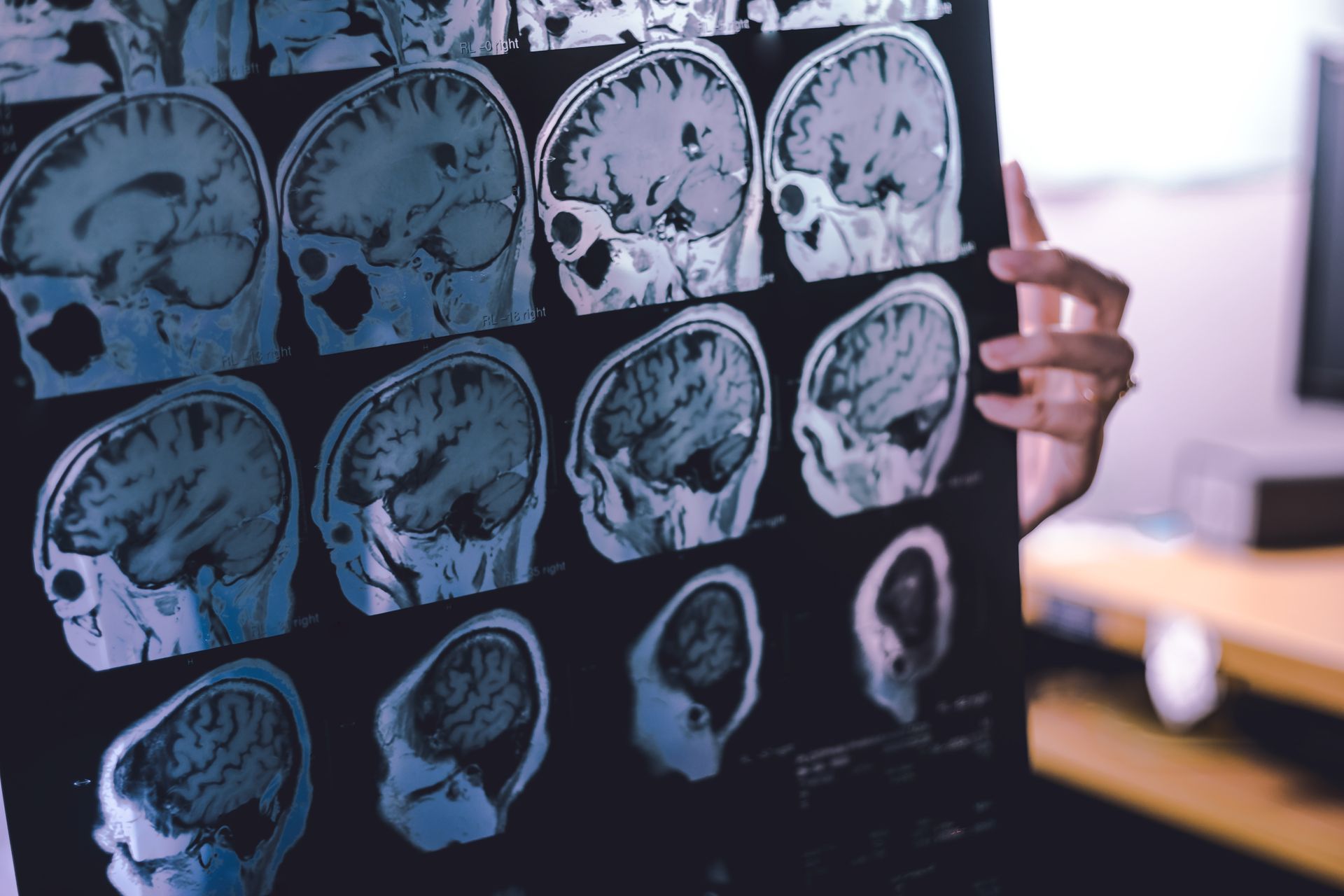Disability Awareness Hub: Huntington’s disease

Understanding Huntington’s disease
Huntington’s disease (HD) is a rare, inherited neurological condition that affects the brain’s ability to control movement, cognition, and behaviour. It’s progressive, complex, and deeply personal—impacting not just the individual, but their families, carers, and support teams.
As disability professionals, it’s vital we understand the unique challenges of HD and how we can respond with compassion, skill, and evidence-based support.
What is Huntington’s disease?
HD typically appears between the ages of 30 and 50, though it can occur earlier or later. It causes a gradual decline in:
- Motor skills (e.g. involuntary movements, balance issues)
- Cognitive function (e.g. memory, planning, decision-making)
- Emotional regulation (e.g. irritability, depression, impulsivity)
As the disease progresses, individuals may require high levels of support in daily living, communication, and behaviour management.
The role of Positive Behaviour Support (PBS)
Behaviour changes in HD are often misunderstood. What may appear as “challenging behaviour” is frequently a response to frustration, confusion, or unmet needs.
Positive Behaviour Support (PBS) offers a respectful, person-centred approach that focuses on:
- Understanding the function of behaviours
- Reducing environmental triggers
- Teaching alternative communication or coping strategies
Improving quality of life through proactive planning
PBS is not about control—it’s about supporting people to live with dignity, autonomy, and connection, even as their needs evolve.
Practitioner spotlight: Gary Darbyshire
One practitioner leading the way in this space is Behaviour Support Practitioner, Gary Darbyshire. Gary has a deep passion for supporting people with Huntington’s disease and is committed to helping them maintain exceptional care and quality of life.
“Huntington’s is a complex condition, but with the right support, people can still live meaningful lives. PBS gives us the tools to understand, adapt, and walk alongside them with empathy.”
— Gary Darbyshire
Gary’s work highlights the importance of tailored, flexible support strategies that evolve with the person—not just the diagnosis.

What can providers and coordinators do?
- Educate your teams: Ensure staff understand HD and how it affects behaviour and communication.
- Engage behaviour practitioners early: Don’t wait for a crisis—PBS is most effective when it’s proactive.
- Support families: HD is hereditary and emotionally complex. Families often need guidance, reassurance, and connection to resources.
- Plan for progression: Build flexible support plans that can adapt as the person’s needs change over time.
Raising awareness about Huntington’s disease is more than a clinical responsibility—it’s a human one. With the right knowledge and approach, we can ensure that people with HD are not defined by their diagnosis, but supported to live with dignity, purpose, and care.
If you're concerned about someone you know or you would like to learn more, reach out to learn how we can help.
News & Insights
Check Our Latest Resources







